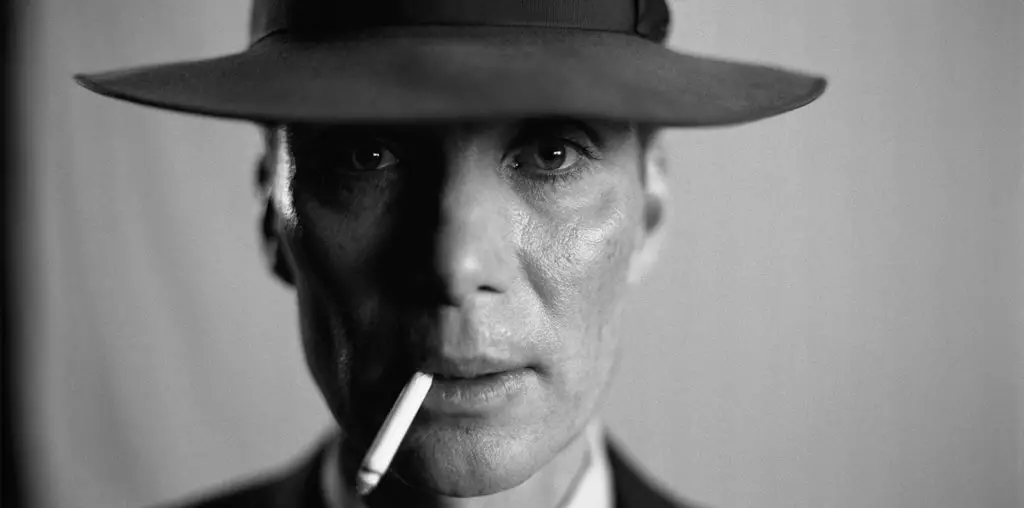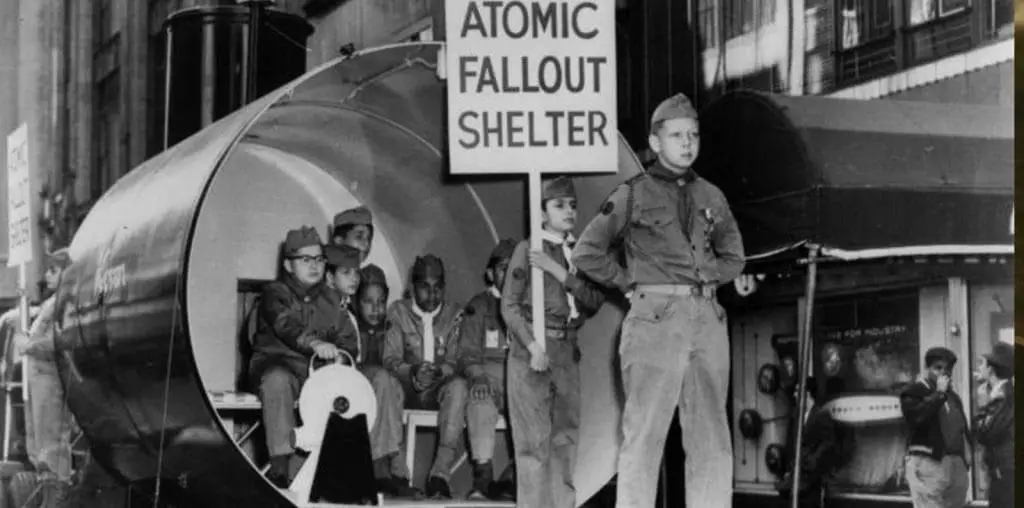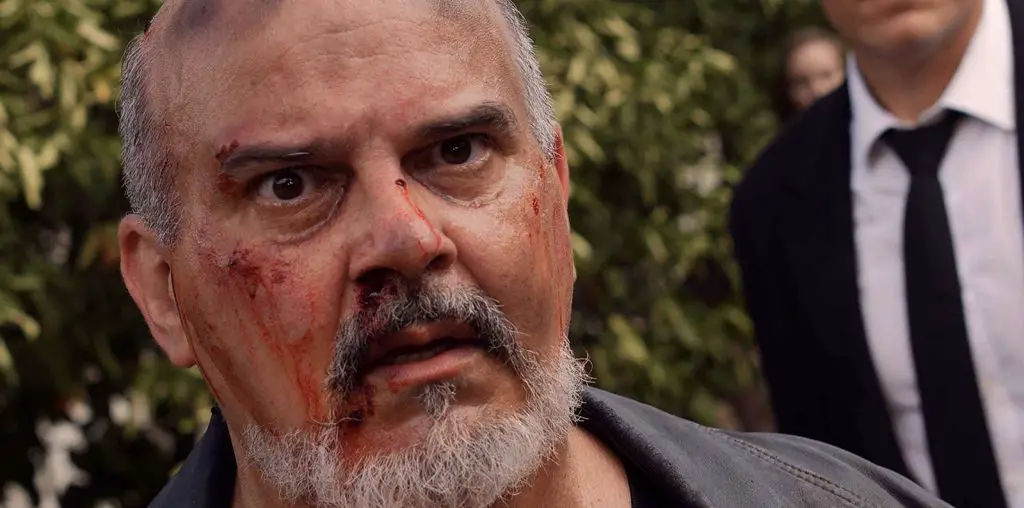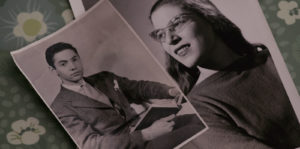
NOW IN THEATERS! In the wake of Nolan’s sweeping 3-hour political epic Oppenheimer, writer-director Steve James has produced a modest documentary that will serve as an unofficial companion piece. In 1953, J. Robert Oppenheimer was dragged before the Atomic Commission, overseen by his former ally, Lewis Strauss. He would be removed from his Top-Secret clearance and stripped of his federal commission seat. The Federal government was emboldened to pursue Oppenheimer (even though he wasn’t a member of the Communist party) in part because of actual spies like Ted Hall, the subject of A Compassionate Spy.
A 19-year-old student at Harvard, Hall was a Jewish math prodigy and was one of the students recruited to crunch the numbers for the Manhattan Project. Unlike many of the European scientists brought to America and Los Alamos to do this urgent work, Hall was saddled with a best friend named Saville Sax. A fellow American commie, Sax convinced Hall that the compassionate and humane thing to do in this circumstance was to inform the Soviet Union of the progress America was making on the bomb.
They’d share diagrams and information pertinent to Russia developing such a weapon themselves. To these young Communists, it would be simply tragic if the burgeoning American Empire were the only psychopaths who possessed a weapon of ultimate destruction. To save the innocent Soviet people, Hall resolved to share every document he could with the Soviets. And there was good reason to feel the need to share.
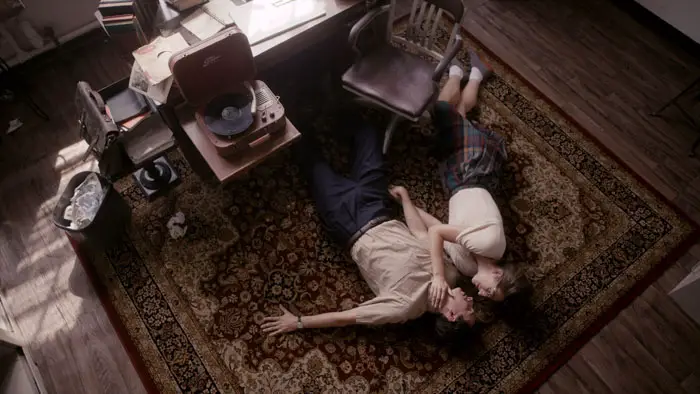
“…Sax convinced Hall…[to] inform the Soviet Union of the progress America was making on the bomb.”
At its midpoint, A Compassionate Spy presents historical footage of the end of WWII. Interviews with the crew of the Enola Gay — the bomber that hit Hiroshima — and concerns the damage the survivors of Hiroshima experienced. The gruesome scene makes you feel the pangs of empathy for these poor souls suffering radiation sickness. Followed by a briefing from then-President Truman, informing the United States the bombing was not only a success but was moral and just.
The movie uses historical re-enactments, interviews with Hall, his wife Joan, and several authors and historians throughout its runtime. The film recounts as faithfully as possible the events that went down in the aftermath of the decision to provide details concerning the development of the Atomic bomb to the Soviets. Some of these scenes are very tender and sweet, like when the would-be husband and wife first meet at the University of Chicago.
Other moments are tense, such as the FBI interviewing Hall concerning his activities on behalf of the Soviets. That he had successfully covered his tracks so the intelligence community could not arrest him is a matter of historical record. What makes watching A Compassionate Spy most thrilling is seeing the actions he and his wife took to protect their family from the predations of the American Empire.
In preparing A Compassionate Spy, James seamed together a spellbinding collage concerning the life and times of Ted Hall and his family. It is a wonderful documentary, and I encourage everyone who wants a greater sense of the story of the Atomic Age to check it out. It will be well worth your while.
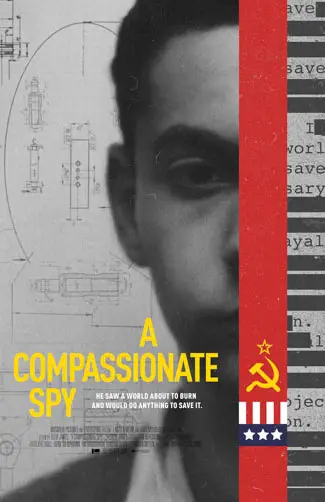
"…a spellbinding collage..."
